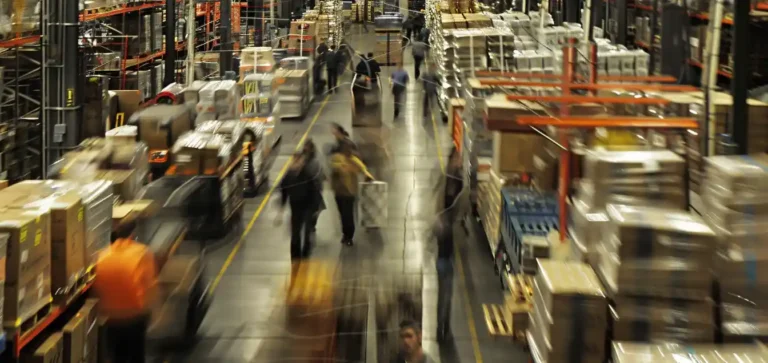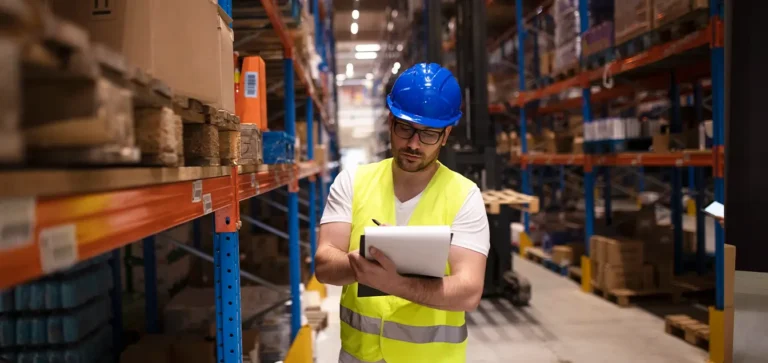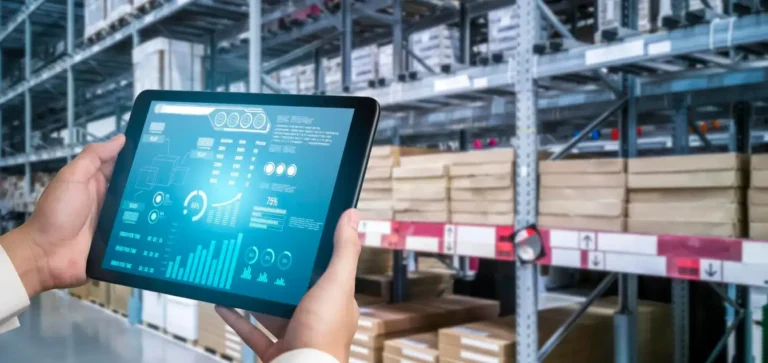Transloading services play a crucial role in the logistics and transportation sector, allowing businesses to efficiently transfer cargo between different modes of transport. This process can significantly enhance supply chain efficiency, reduce costs, and provide flexibility. In this blog, we’ll explore five industries that stand to gain the most from transloading solutions, highlighting how each leverages these logistics solutions in unique ways.
Table of Contents
What Is Transloading?
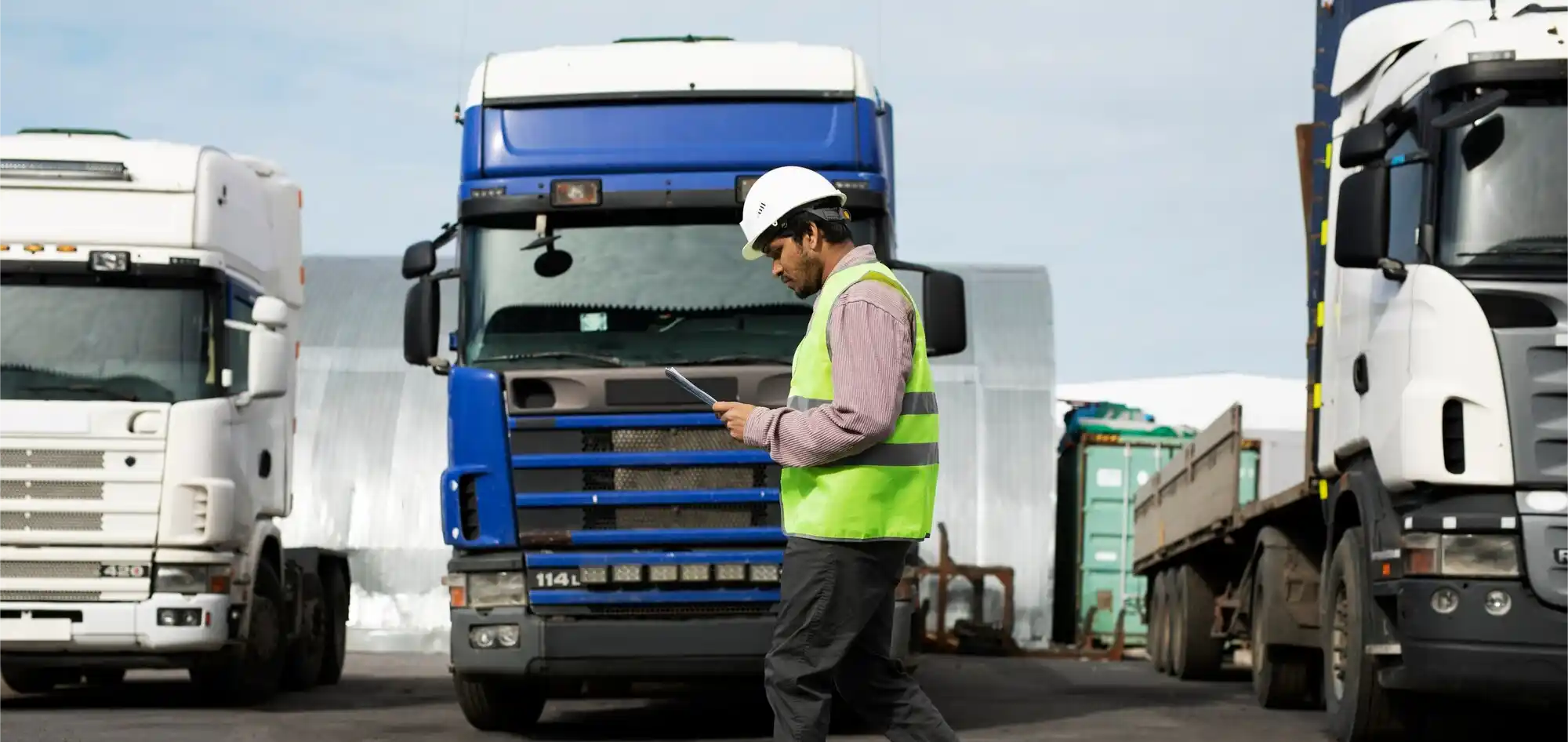
Transloading refers to the transfer of cargo from one transport mode to another, such as from rail to truck or from truck to cargo ship. It enables businesses to optimize transportation routes and minimize shipping delays. The seamless integration of various transportation modes makes transloading a vital service for companies looking to enhance their supply chain capabilities.
Five Sectors That Gain from Transloading Solutions
- Retail Industry
The retail sector extensively relies on transloading solutions to manage the movement of goods. Large retailers, such as Costco, utilize transloading to efficiently distribute products from ports to regional distribution centers, benefiting from “Five Markets That Benefit from Transloading Services”. This method helps streamline logistics, reduce delivery times, and enhance inventory management. - Automotive Industry
Transloading solutions are essential in the automotive industry, where manufacturers need to move parts from suppliers to assembly plants. For example, General Motors employs transloading to coordinate shipments from international suppliers. This approach reduces freight costs while maintaining just-in-time inventory practices. - Construction Industry
The construction industry benefits from transloading as it allows for the efficient movement of heavy materials, tools, and equipment. Companies like Bechtel utilize transloading to ensure that bulk materials, like steel and concrete, arrive just when needed, reducing downtime at construction sites. - Energy Sector
Renewable energy projects, including the solar panel industry, rely on transloading for logistics. For instance, Canada’s solar panel transloading solutions facilitate the efficient transport of heavy panels from manufacturing plants to installation sites. By using transloading, companies can optimize supply chain routes and reduce overall shipping times. - Food and Beverage Industry
The food and beverage industry also significantly benefits from transloading solutions. With perishable goods, timing is critical. Companies like Sysco use transloading to ensure products move quickly from farms or manufacturers to distribution centers, reducing spoilage and improving freshness.
The Role of Transloading in Reducing Freight Costs
Transloading solutions can dramatically lower freight costs by optimizing the transportation process. By consolidating shipments and taking advantage of economies of scale, businesses can save significantly on logistics expenses. According to the Council of Supply Chain Management Professionals, companies that utilize transloading can reduce freight costs by up to 30% compared to direct shipping methods.
| Logistics Method | Cost Reduction (%) |
| Direct shipping | 0% |
| Transloading and consolidation | 30% |
Advantages of Transloading Logistics
Implementing transloading logistics comes with several advantages:
- Flexibility: By combining multiple transport modes, businesses can adjust routes based on demand, weather, or other unforeseen circumstances.
- Improved Efficiency: Transloading can reduce transit times and allow quicker cargo movement.
- Lower Shipping Costs: Businesses can often negotiate better rates when using transloading due to the optimized routing of shipments.
Transloading in Canada plays a significant part in the logistics landscape by connecting major cities like Toronto, Montreal, and Vancouver. Companies operating in these regions can leverage local transloading solutions to ensure efficient transportation.
Transloading in Toronto and Montreal
In cities like Toronto and Montreal, transloading services have become lifelines for many businesses. For example, third-party logistics providers in Canada often offer transloading solutions that streamline the import and export of goods. This allows for rapid turnaround and improved accuracy in delivery timelines.
Transloading in Vancouver
Similarly, transloading in Vancouver is critical for the shipping of lumber and natural resources. The port facilities here have extensive transloading capabilities, ensuring seamless shipment between sea and land transportation modes.
Case Study: Costco Transloading Service in Canada
Costco’s transloading service in Canada exemplifies the efficiency that these services provide. By leveraging transloading, Costco is able to move bulk shipments quickly from ports to its stores. The transloading service reduces lead times and operational costs, which ultimately benefits consumers with lower prices.
The Benefits of Transloading Across Industries
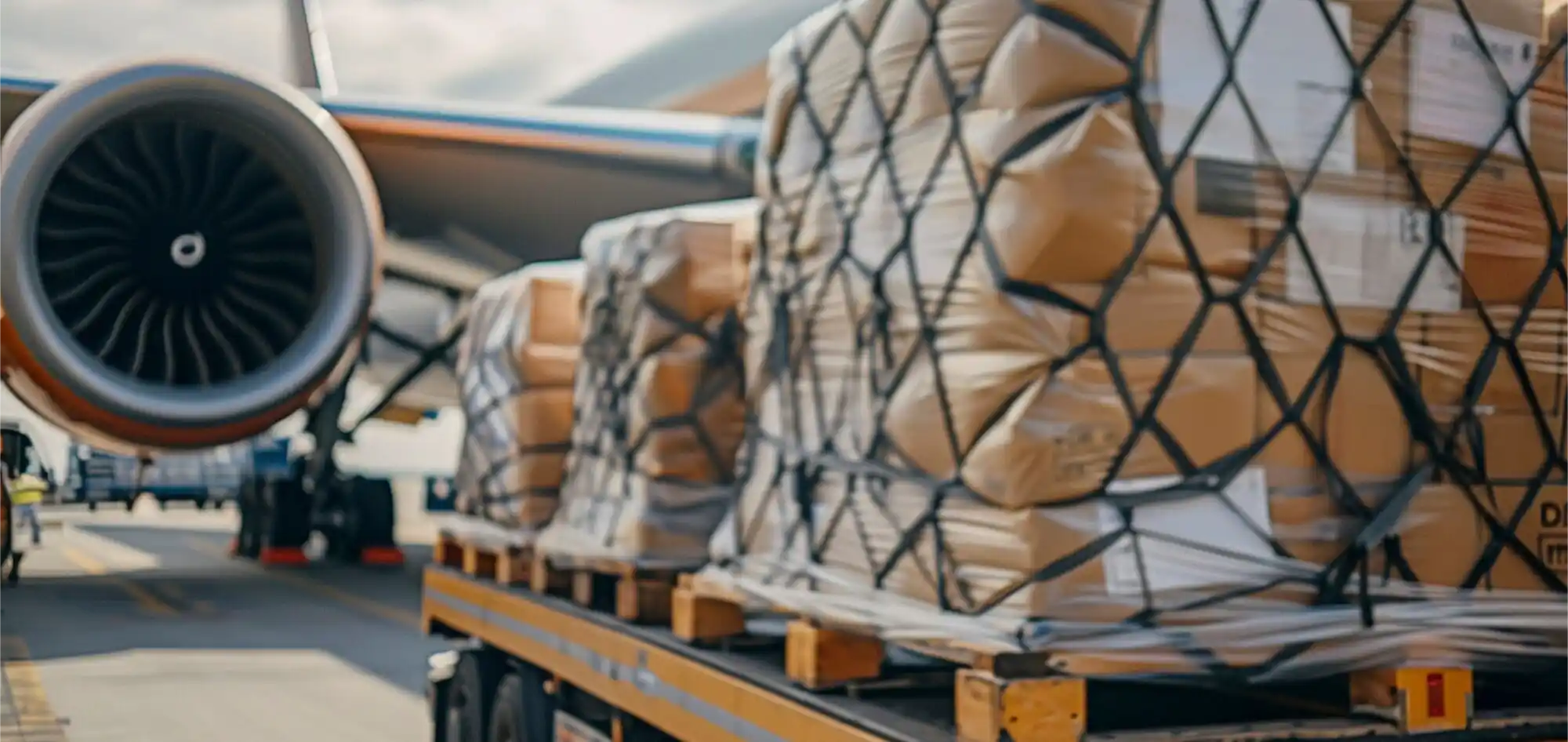
The benefits of transloading extend to various sectors:
- Improved Supply Chain Efficiency: Transloading enhances supply chain efficiency by optimizing transportation routes, reducing delays, and improving inventory management.
- Reduced Freight Costs: By consolidating shipments and optimizing routes, businesses can reduce freight costs and negotiate better rates.
- Increased Flexibility: Transloading allows businesses to adjust routes based on demand, weather, or other unforeseen circumstances.
- Enhanced Customer Satisfaction: By ensuring timely and efficient delivery, businesses can improve customer satisfaction and loyalty.
Transloading in Major Cities
Transloading plays a crucial role in major cities worldwide, enabling businesses to efficiently move goods between different transportation modes. Here are some of the key cities where transloading is essential:
- Toronto, Canada: With its extensive port facilities and rail network, Toronto is a hub for transloading services.
- Montreal, Canada: Montreal’s strategic location and access to major roads make it a key location for transloading services.
- Vancouver, Canada: Vancouver’s port facilities and proximity to the Pacific coast make it a vital location for transloading in the shipping of lumber and natural resources.
The Future of Transloading
As businesses continue to navigate the complexities of global trade, transloading solutions will play an increasingly important role. By optimizing transportation routes, reducing costs, and enhancing supply chain efficiency, transloading can help businesses stay competitive in a rapidly changing market.
The Importance of Third-party Logistics Canada
In Canada, third-party logistics (3PL) providers offer transloading solutions that help businesses streamline their logistics operations. 3PL providers in Canada have extensive knowledge of the local logistics landscape, enabling them to provide efficient transloading services that meet the unique needs of businesses.
Canada Solar Panel Transloading
The solar panel industry in Canada relies heavily on transloading solutions to move panels from manufacturing plants to installation sites. By leveraging transloading, solar panel manufacturers can optimize supply chain routes, reduce costs, and improve delivery times.
Transloading in Vancouver
In Vancouver, transloading is essential for the shipping of lumber and natural resources. The port facilities here have extensive transloading capabilities, ensuring seamless shipment between sea and land transportation modes.
Transloading in Toronto
In Toronto, transloading services are critical for businesses that need to move goods between different transportation modes. By leveraging transloading, businesses can optimize their logistics operations, reduce costs, and improve efficiency.
Transloading in Montreal
In Montreal, transloading services are key for businesses that need to manage the import and export of goods. By utilizing transloading, businesses can reduce transportation costs, improve supply chain efficiency, and enhance customer satisfaction.
Case Study: Transloading in Vancouver
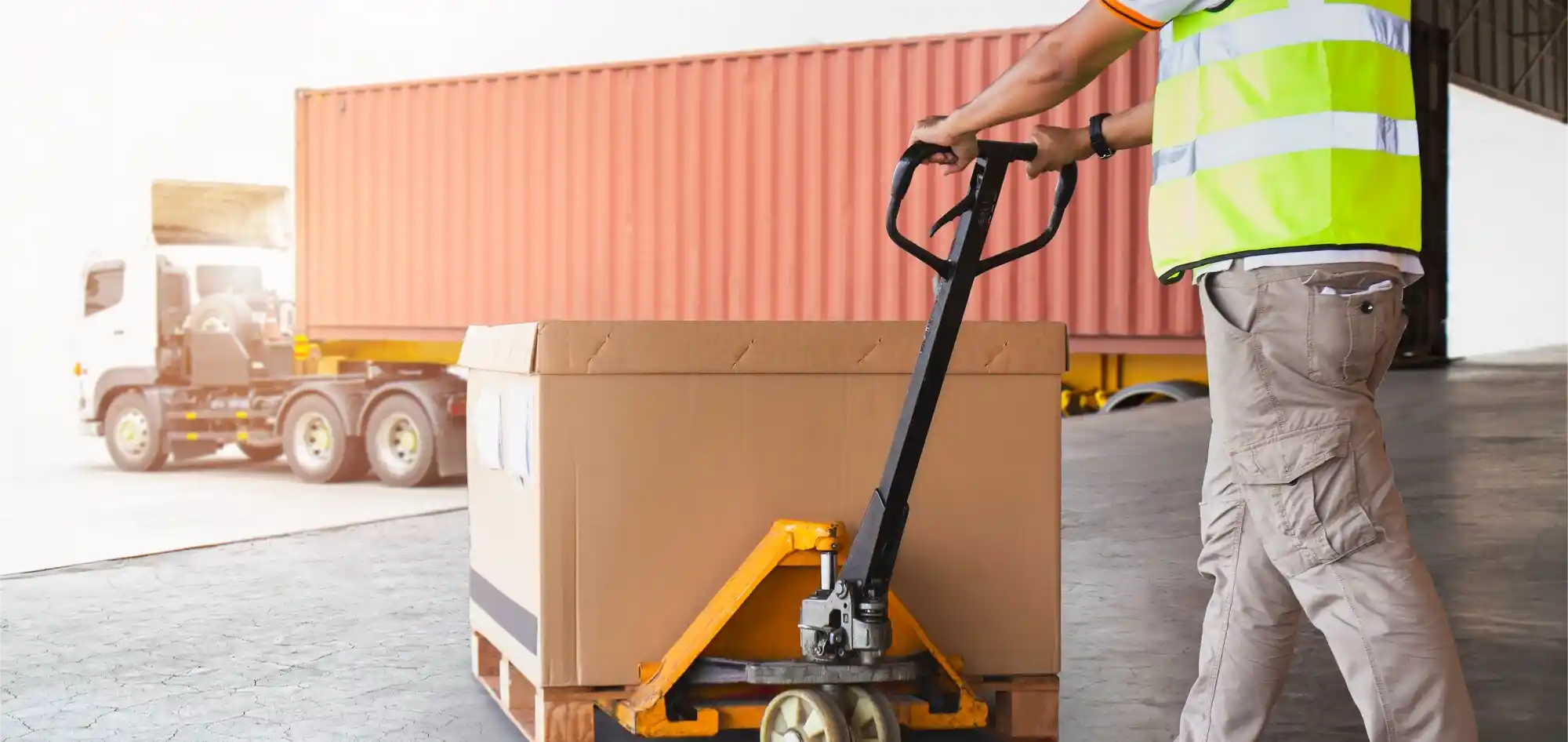
Transloading in Vancouver is a critical component of the city’s logistics infrastructure. By leveraging transloading services, businesses in Vancouver can optimize their supply chain operations, reduce costs, and improve delivery times.
The Impact of Transloading on the Environment
While transloading is often viewed as a logistical solution, it can also have a positive impact on the environment. By reducing the number of shipments and optimizing routes, transloading can lower carbon emissions and help businesses meet their sustainability goals.
Conclusion
Transloading services are a crucial component of the logistics landscape, enabling businesses to optimize their supply chain operations, reduce costs, and improve delivery times. By leveraging transloading, businesses can stay competitive in a rapidly changing market and meet their sustainability goals.


